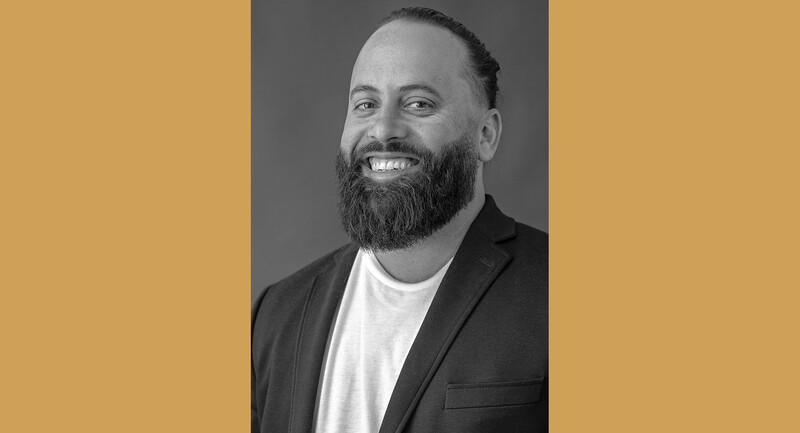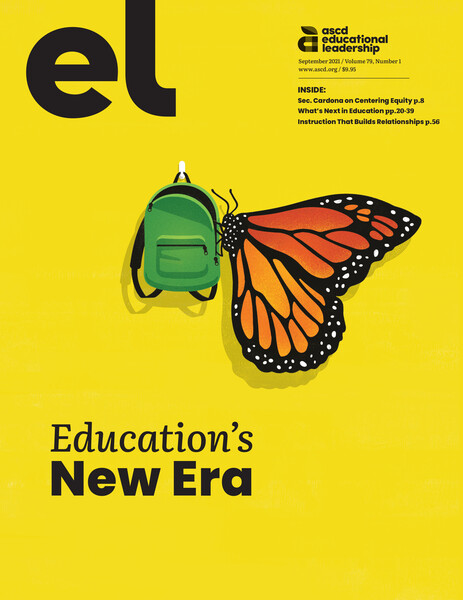Let Teachers Be Heard
As a teacher of future teachers, I have my students participate in a semester-long project called Design-A-School that incorporates the best practices in project-based learning pedagogy. In groups, teacher candidates plan, research, interview, and discuss ways to improve schools to better meet the needs of our diverse learners. My students and I agree that one change that we hope schools will make in the next five years will be to include the voices and opinions of teachers in policy and decision making in schools. Teachers are on the frontlines of education, and we must advocate for their voices to be heard and their unique ideas be included in the future of schools. Having that direct connection to students every day puts teachers in a position to truly understand the diverse needs of students and be able to better answer how we can make improvements to increase student outcomes. Teachers are often not involved in decision making today, and we sincerely hope that will change in the next five years.
—Madeline Craig, assistant professor, Molloy College, Rockville Centre,
New York
Growth Over Standardized Proficiency Levels
One change I hope schools make in the next five years would be less emphasis on standardized tests and more of a focus on individual student growth. If we assess students and get a baseline of where they are as they enter school each year, then we can accurately measure their individual progress and set goals accordingly. Standardized tests expect all students to reach a certain level of proficiency (basic or higher) as the measure that connotes “success.” Acknowledging the level of achievement each individual student enters school with will help teachers and administrators set realistic and attainable goals for their students—and themselves. At this time, we educators feel the pressure of standardized tests, and universal proficiency levels don’t take into account the varying levels of student knowledge, understanding, and predispositions. In the next five years, I hope schools, school systems, districts, states, and our nation will move to more of a growth mindset, keeping in mind each student’s individual needs.
—Amanda Austin, director, Iberville STEM Academy, Rosedale, Louisiana
Curriculum Shake-Up
I hope schools honor developmentally appropriate teaching and adopt curriculum that aligns with how children actually learn.
—Michael Gallant, principal,
Calgary Separate School District,
Calgary, Alberta, Canada
Let’s “Work” on Our Terminology
Eliminate “work” and “working” from the vocabulary of education. Students “learn,” are engaged in “learning activities,” and submit “evidence of learning.” They aren’t “working” and they don’t submit “work.”
—Ken O’Connor, consultant/retired high school teacher, AFS Inc, Toronto,
Ontario, Canada
Share your responses to upcoming questions at www.ascd.org/el.







